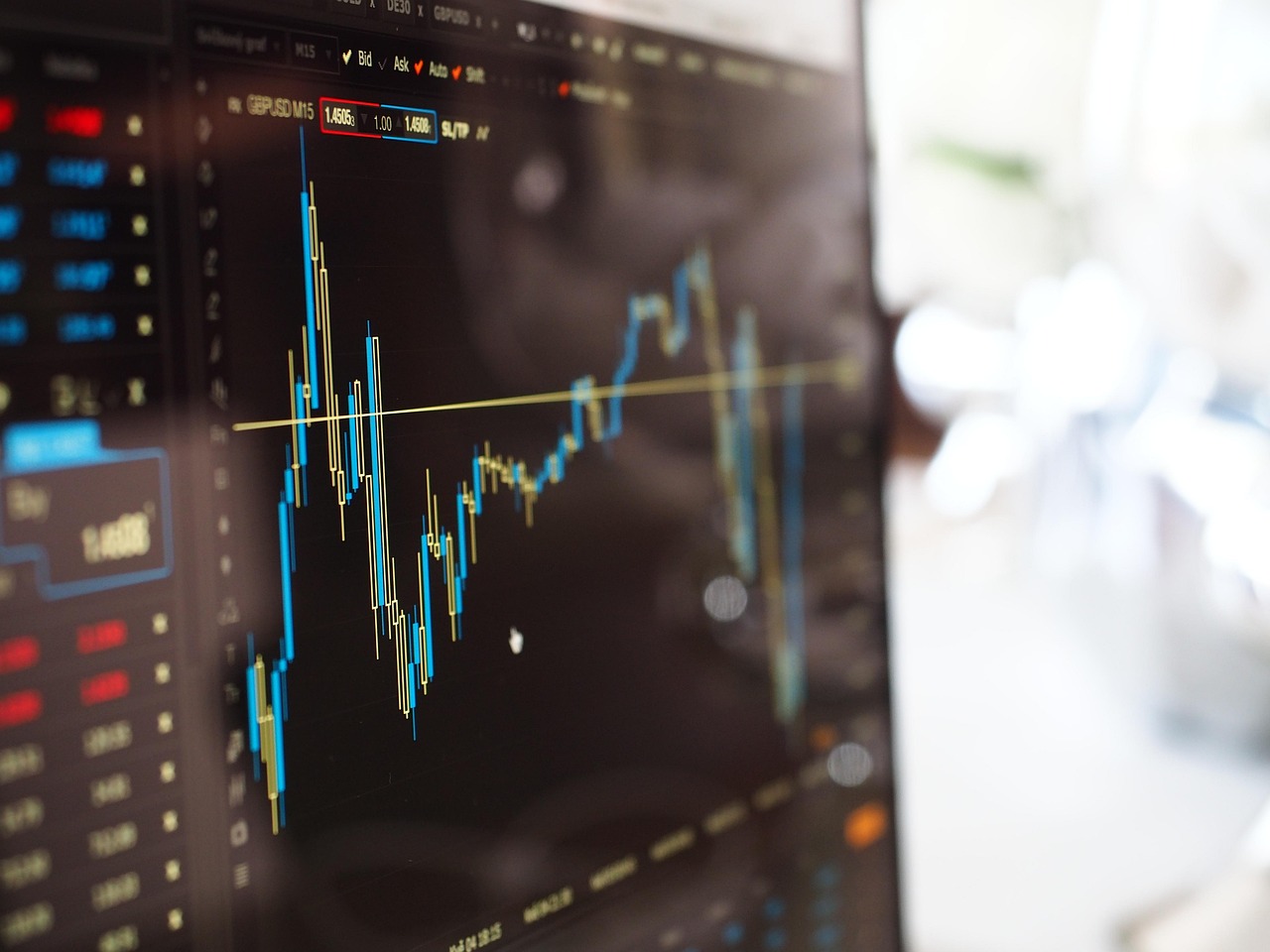
India Drops to 'Least Favoured' Asian Equity Market in BoFA Survey as Trump’s Tariffs Dent Investor Sentiment
This marks a sharp reversal from May when India displaced Japan as Asia’s favorite, backed by 42% of fund managers overweight on it.
A recent Bank of America (BofA) survey shows India has tumbled from the top to the bottom of Asia’s equity investment ranking within three months, with global fund managers turning cautious amid renewed tariff threats from U.S. President Donald Trump.
In the most recent survey, conducted among 99 portfolio managers managing approximately $183 billion, 30% reported being underweight on India, while just 10% said the same for Malaysia and 20% for Thailand. This marks a sharp reversal from May when India displaced Japan as Asia’s favorite, backed by 42% of fund managers overweight on it.
The sudden shift is being driven by Trump’s announcement of 50% tariffs on Indian imports, imposed as part of U.S. pressure over India’s continued procurement of Russian oil. These levies have revived concerns over global trade friction, casting a shadow over India’s export and growth outlook. Strategists at BofA note that India is suffering disproportionately from these escalations, while China and Japan benefit from investor optimism.
Other contributing factors include high domestic equity valuations, weak corporate earnings, and a slumping rupee, all of which have sapped foreign investor confidence. Indeed, foreign institutional investors (FIIs) have ramped up bearish bets via derivatives to a two-year high, and overall sentiment toward Indian equities is the most negative in over 24 months.
India’s position contrasts sharply with regional peers like Taiwan and South Korea, which attract investments linked to the booming global semiconductor cycle. BofA’s survey points out that India’s IT services sector, once a favorite among foreign investors, is in decline and trading at a 20-month low on sentiment indices.
Domestically, sluggish Q1 earnings have compounded investor worries. At least 141 companies reported year-on-year drops in both sales and profits, including major names like Tata Motors and Hero MotoCorp.
Despite the negative backdrop, market analysts see a silver lining. With the Indian equity market caught in a prolonged consolidation, a low long-short ratio suggests limited downside risk, which may offer room for a rebound. Furthermore, experts assert that domestic fundamentals remain strong, supported by structural reforms, healthy consumption demand, and effective policy frameworks.
BofA strategists caution, however, that until trade tensions subside and earnings show signs of recovery, India will likely remain out of favor with global investors.
